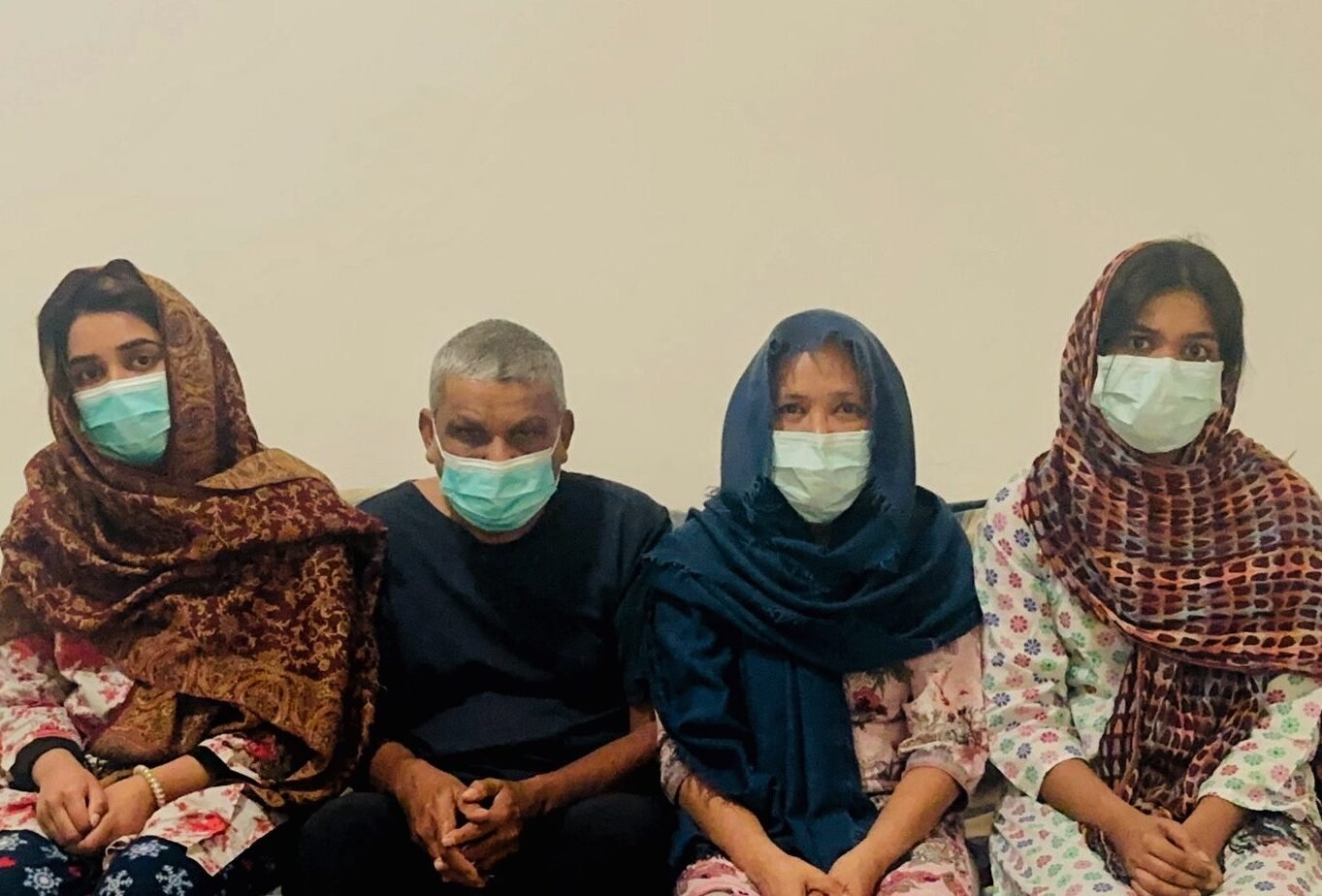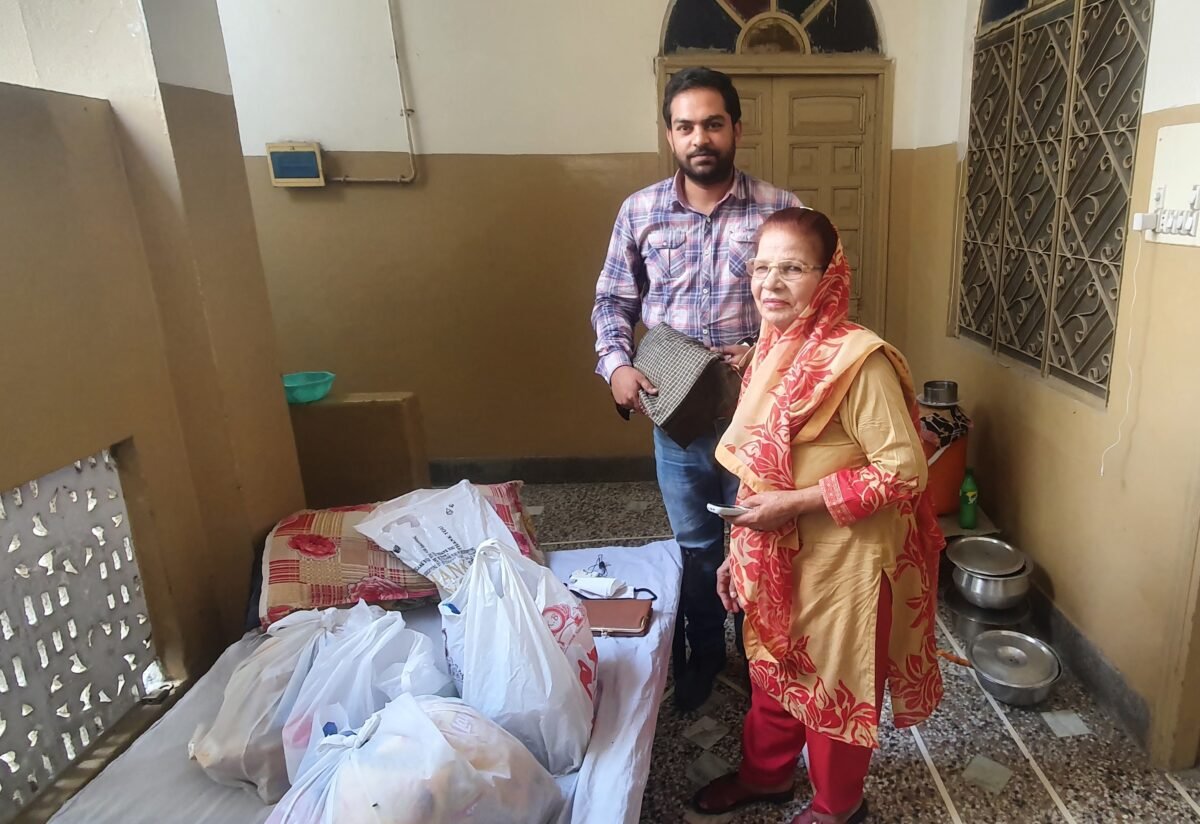A resident of Issa Nagari Karachi. Roseana Javed resides with her family. The household consists of six members, including three women, two men, and a 5-year-old boy named Zeus Kevin. Roseana, the mother of Zeus Kevin, was employed at a private limited company situated in Clifton, Karachi.
Roseana said, “A Muslim boy named Muhammad Asad, a party worker of Tehreek labaik ya Rasulullah (TLP), approached her with inappropriate intentions, trying to make a living relationship even though he knows about my marriage and having a 5-year-old son ( Zeus Kevin).“
Pakistan is a predominantly Muslim country, and the majority of its population adheres to Islamic traditions and values. In such a society, conservative attitudes often prevail, emphasising the importance of adherence to religious principles. Muslims try to get married forcibly to minority girls, such as Christian and Hindu girls.
“We tried to register a harassment report at Police Station “Aziz Bhatti Police Station,” but the duty officer refused our request against Muhammad Asad because we didn’t have any excuse for this indecent That day, Muhammad Asad threw the bottle of water on her face and said it would be acid next time if you don’t make a relationship or get married to me.” Said Javed Sunny, father of Roseana Javed.

“On September 3, 2022, Muhammad Asad Party worker of the TLP and resident of Issa Nagari came with his two friends and knocked at the door of our house. My husband, Kevin Bobby, opened the door and Muhammad Asad asked him, You went to the police station for my complaint; I will take your wife away in front of you and get married to her. He had a pistol, and he killed my husband, Kevin Bobby.” Statement, Roseana Javed
Roseana Javed’s statement poignantly encapsulates the profound anguish and pervasive fear that countless individuals in similar situations endure within the complex socio-cultural landscape of Pakistan. Her words resonate as a powerful testimony to the systemic challenges faced by marginalized communities in their quest for justice and protection from the very authorities tasked with upholding these fundamental rights.
The narrative unfolds against a backdrop of deeply ingrained societal prejudices and discriminatory practices that perpetuate the vulnerability of minority individuals. Roseana Javed’s experience becomes a microcosm of a larger struggle, shedding light on the multifaceted issues hindering the realization of justice and protection for those at risk.






